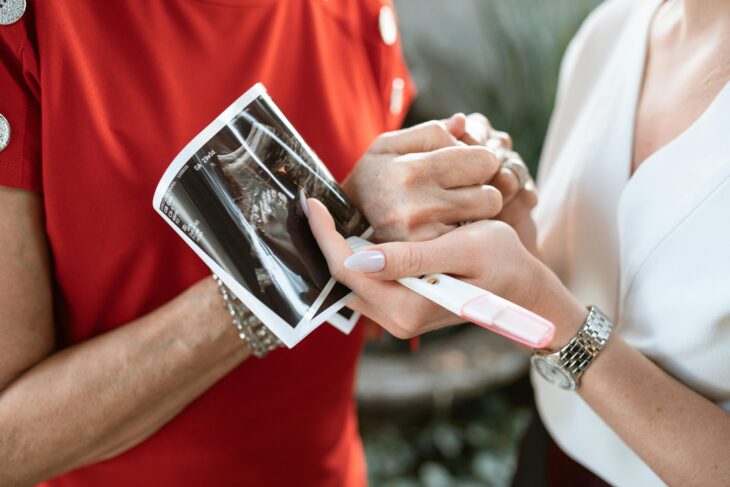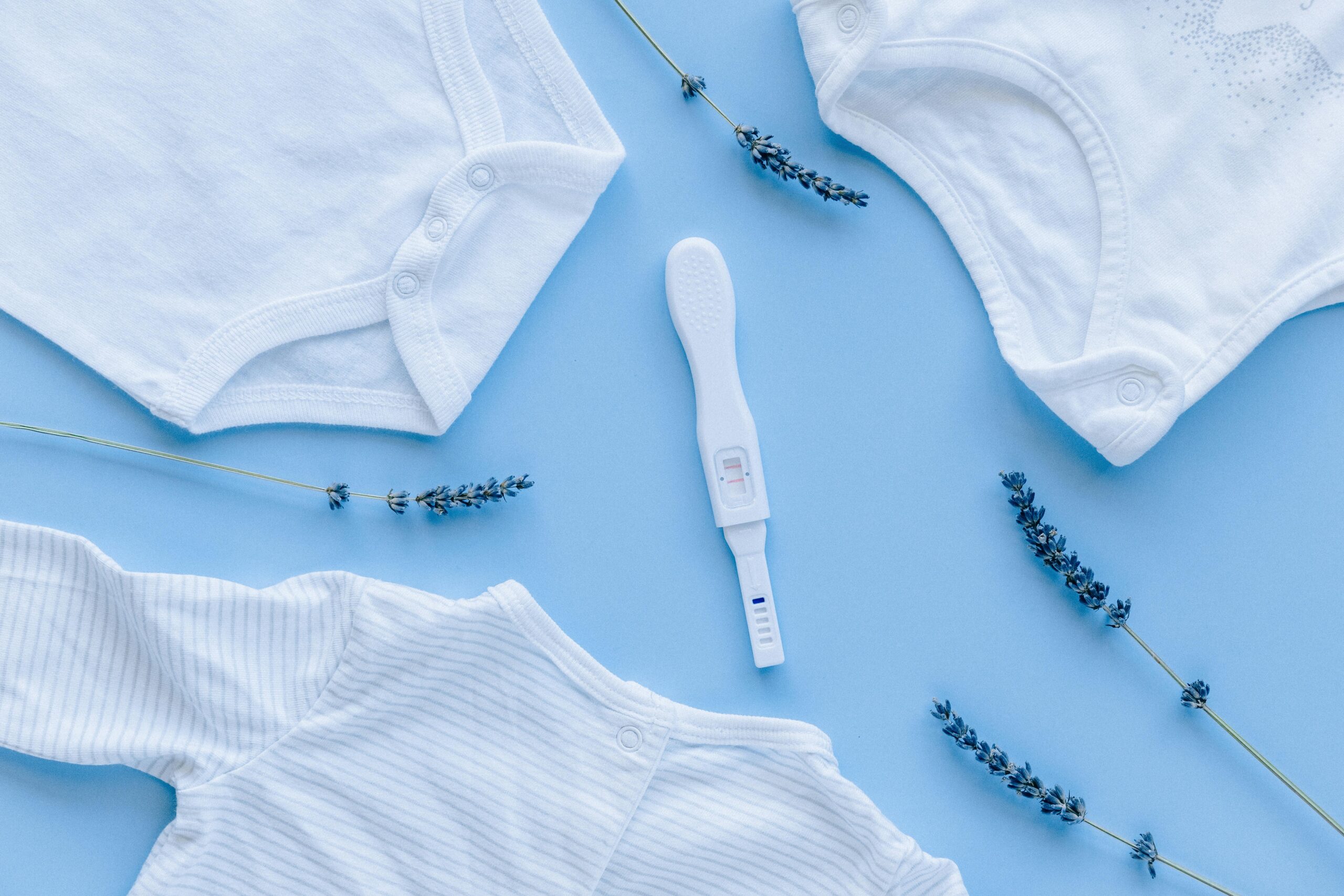
There are so many variables that impact IVF success in 2025. Fortunately, we live in a time when assisted reproductive technology provides solutions to almost any issue affecting your fertility. Here we examine the top questions about IVF success and provide insight from LA’s leading fertility experts.
What Factors Affect My IVF Success in 2025?
One of the main predictors of IVF success in 2025 is a woman’s age. As you age, your ovarian reserve diminishes, and your hormones begin to do some strange things of their own, waxing and waning as you approach menopause. That’s why women under 40 have a higher success rate than women just a few years older. Women under 35 have the highest rates of success, depending on their diagnosis.
Here are some of the other factors that weigh on your IVF success in 2025, according to LA’s leading fertility experts:
- The Quality of Your Eggs: Many factors influence the quality of your eggs in addition to age. Lifestyle factors such as smoking, drinking in excess, using recreational drugs, and poor dietary choices impact the health of your eggs. Additionally, exposure to some chemicals may have a toxic effect on your eggs. And medical conditions such as an auto-immune disorder, polycystic ovarian syndrome (PCOS), or cancer treatment may compromise egg quality.
- Sperm Quality: The quality of your partner’s sperm affects IVF success as well. Many of the same factors that impact egg quality, such as lifestyle, also affect sperm quality. However, male sperm regenerates every few months, so making changes to lifestyle or other factors may help sperm become healthier and more viable.
- Your Fallopian Tubes: In some cases, a woman may have blocked fallopian tubes. This commonly comes from a buildup of scar tissue from an infection or endometriosis, which prevents the egg from meeting the sperm, and fertilization can’t occur. In many instances, the blocked tubes become filled with fluid (hydrosalpinx), which impacts the health of your uterus and uterine lining. For IVF success, your doctor may treat your hydrosalpinx by removing your fallopian tubes before your IVF cycle.

- Your Uterus: The uterine environment plays a big role in the success of your treatment. If your uterine lining isn’t healthy, it won’t support implantation or a growing embryo. Other conditions of the uterus may interfere with IVF as well. These include polyps, fibroids, and endometriosis.
- The Clinic: In addition to your diagnosis, the expertise of the fertility clinic figures significantly in your odds for successful IVF. Do your homework. Schedule a consultation with the fertility doctor and arrive prepared with questions. Ask about their approach and how the latest assisted reproductive technology figures into their protocols.
- Clinical Protocols: Different diagnoses require different protocols. Depending on your unique circumstances, your doctor finds the best approach for a successful outcome.
How Long Does it Take to Conceive with IVF?
An IVF cycle takes about two months. For half the women under 35, the first cycle of IVF usually proves successful. Even if pregnancy doesn’t occur the first time, depending on your diagnosis, you’ll likely find IVF success with the second or third cycle. Your doctor begins looking at other factors that may impede success when your subsequent cycles fail.
Age has a significant impact on IVF success in 2025.
- Under 35 and using your eggs: 51%
- 35-37 and using your eggs: 38%
- 38-40 using your eggs: 25%
- 41-42 using your eggs: 12%
- Over 42, using your eggs: 4%
As you can see, the odds for success using your own eggs drop significantly for those over 40. You may consider using donor eggs, which come from younger, healthier women. This improves your odds for IVF success after 35. You can see our success rates (slightly higher than average) here.

Does it Matter if Our Embryos Are Fresh or Frozen?
Again, depending on many circumstances, you may opt for embryo freezing over using fresh embryos. In some cases, success improves when using frozen embryos. That’s especially true for couples who wish to have their embryos undergo preimplantation genetic testing (PGT).
For PGT, an embryologist removes cells from the developing placenta, on or around day 5 post-fertilization. This doesn’t harm the embryo, and testing these cells reveals so much regarding the potential for devastating genetic conditions and chromosomal abnormalities that may result in miscarriage, stillbirth, or severe physical and developmental birth defects. PGT is one of the most useful tools in predicting IVF success in 2025.
Will We Need More Than One Cycle?
Studies show that the majority of couples and individuals undergoing IVF realize success after two, three, or more cycles. It’s common practice at LA IVF, however, to investigate the cause of IVF failure after a few unsuccessful cycles.
More Questions? Ask LA’s Leading Fertility Experts
If you have more questions, we are happy to answer them. Please schedule a consultation with LA’s leading fertility experts, LA IVF. We can discuss your unique fertility complications and find the best path to IVF success, or other types of treatment, for you.










